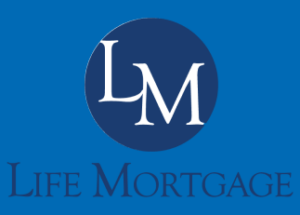So What is a cash-out refinance?
A cash-out refinance is a type of loan where a borrower has a mortgage they are currently paying off and they replace it with a new mortgage for more than their remaining principal. The difference between the principal balance of the first mortgage and the new one is given to the borrower in cash.
Cash-out refinance vs a standard refinance
In a standard refinance, borrowers work with their lender to get a lower rate of interest or a new payment schedule. Once the standard refinance is secured, they have a new monthly payment amount based on the new agreement – but their balance on the loan remains the same. In a cash-out refinance, a borrower works with their lender to pay off their home’s mortgage balance with a new loan based on their home’s current value. The difference between the original mortgage the borrower is paying off and the new loan is kept by the borrower. In order to have some equity in their home, most cash-out refinances limit the amount a borrower can receive at 80-90% of their home’s equity in cash (VA refinances don’t have this requirement).
In other words, don’t expect to pull out all the equity you’ve built into your home. If your home is valued at $350,000 and your mortgage balance is $250,000, you have $100,000 of equity in your home. You could do a cash-out refinance of somewhere between $80,000 to $90,000.
Benefits of a cash-out refinance
If interest rates are at a new low, you have equity built into your home, and if you would like cash on hand to pay off high-interest credit cards or fund a large purchase, a cash-out refinance is something you might want to consider.
Cons of a cash-out refinance
There are fees involved in a cash-out refinance, and you’ll have to make sure your potential savings are worth the cost. Like any refinance, you’ll pay closing costs of around 2% to 5% of the mortgage. And if your lender allows you to take out more than 80% of your home’s value, you’ll have to pay private mortgage insurance (PMI). Freddie Mac estimates most borrowers will pay $30 to $70 per month for every $100,000 they borrowed.
And, don’t forget your overall debt load will increase with a cash-out refinance.
Alternative options
One potential alternative is a home-equity line of credit (HELOC), which you could also use to pay for a home renovation or to pay off credit card bills. Learn more about what HELOCs are and how they work.
Should you get a cash-out refinance? If you have enough equity built into your home and you get a great rate, they might be a great solution for a home improvement or renovation. To find out what the current rates are and to check your home’s current market value, contact your local Mann Mortgage expert today.

